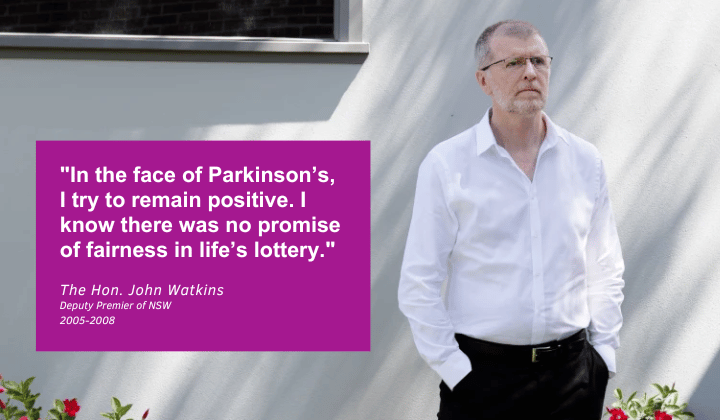Speak up for yourself

Finding the time to exercise
5th April 2021
Getting good sleep and rest
5th April 2021Speak up for yourself

Make yourself heard - quote lettering. Calligraphy inspiration graphic design typography element. Hand written postcard. Cute simple vector sign style. Textile print
Speak up for yourself
Self-advocacy is about speaking up in support of your rights and the rights of the person you care for. It is about negotiating to make sure you get the support you need and that you are treated with fairness and respect.
Carers often feel that the service system is a maze, that professionals work against them, and that they have to battle for every tiny gain.
However, working in partnership and using advocacy to resolve issues can produce better outcomes for everyone involved. This approach can make it easier to organise the supports that you and the person you are caring for need, and to make sure that they work for you.
Work in partnership with professionals
Carers should be respected as partners-in-care by professionals and service providers. As a carer you provide much of the day to day care needed by the person you care for – and have a unique and deep understanding of their needs.
For this reason, it is important that the professionals who support you acknowledge your expertise, and work in partnership with you to provide the best outcomes for both the person requiring care – and for you as the carer.
Successful partnerships are based on:
- Mutual respect
- Recognising common goals
- Appreciating the expertise each side has to offer
- Trust and shared decision making.
The NSW Carers (Recognition) Act 2010 recognises the valuable knowledge and experience of carers and the need to consider the views and needs of carers.
How to advocate successfully
Carers often find themselves in a situation where they need to advocate for themselves or the person they are caring for. Advocacy can be defined as standing alongside an individual who is disadvantaged and speaking out on their behalf in a way that represents the best interests of that person.
Self-advocacy is about standing up for yourself and representing your own needs. Using the techniques listed below will help to ensure that your advocacy will be most effective.
Seek advice
Contact the Carers NSW Carer Line on 1800 242 636 for information, advice and support to help you to advocate on your own behalf or on behalf of the person you care for. Staff can also provide details of other organisations that may be able to assist you.
Approach the right person or organisation
Who you approach will depend on the particular issues you want to raise. It can sometimes be difficult to decide where to begin. If the first person or organisation you approach cannot help, ask them for advice about where to go next.
Know your rights
You have rights in relation to the services and supports provided for you and so does the person you care for.
Some rights are protected by law and others are written in the service charters, guidelines and policies that direct how organisations operate. Ask for copies of any documents that might tell you what your rights are.
Learn about the situation
Try to understand the issues. If you find professional jargon confusing, ask for things to be explained in language that you are comfortable with. Repeat things back in your own words so that you can be sure that you have understood.
Know what you want
Know what you want to achieve – perhaps for a new service to be made available to you or to change the way a service is delivered.
Be clear and open about your ideal outcome, but also consider where you might accept compromise. Be prepared to give way on points that are not important.
Have a meeting plan
Make sure that you are given enough time to deal properly with your concerns. Write down a list of your questions and concerns and create a plan of what you want to talk about.
Be assertive
Good communicators are clear and honest about what they want but they also listen carefully and consider other perspectives. Things may be done a particular way for reasons that you hadn’t considered.
Try to sort out problems when you are feeling calm and avoid doing so when you are angry.
Negotiate
Negotiation is a two-way process, so you need to be prepared to collaborate with the other party. Being assertive, emphasising common ground, being constructive in resolving the issue and being well prepared can help make negotiating more effective.
Keep records
Keep all the documents you need together and sorted so that you can easily find what you want.
Make notes (including the name and position of the person you spoke to, date and a summary of what was said) of your meetings and conversations so that you have an accurate record of what happened.
Always ask for important decisions and information to be confirmed in writing.
Persevere
Once you have reached agreement on what will be done, negotiate a reasonable timetable. Be prepared to follow up if nothing happens. Don’t accept excuses for lack of action.
Source: Carers NSW
If you have any questions, call the Parkinson’s NSW InfoLine: 1800 644 189



